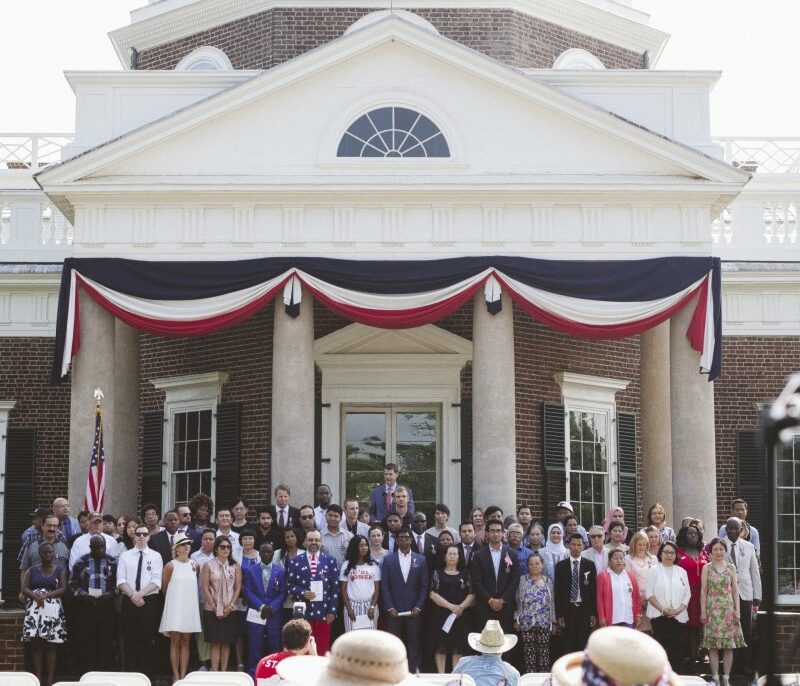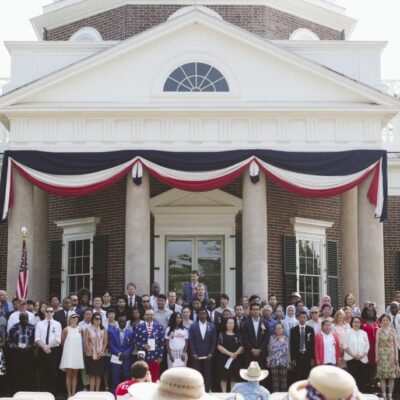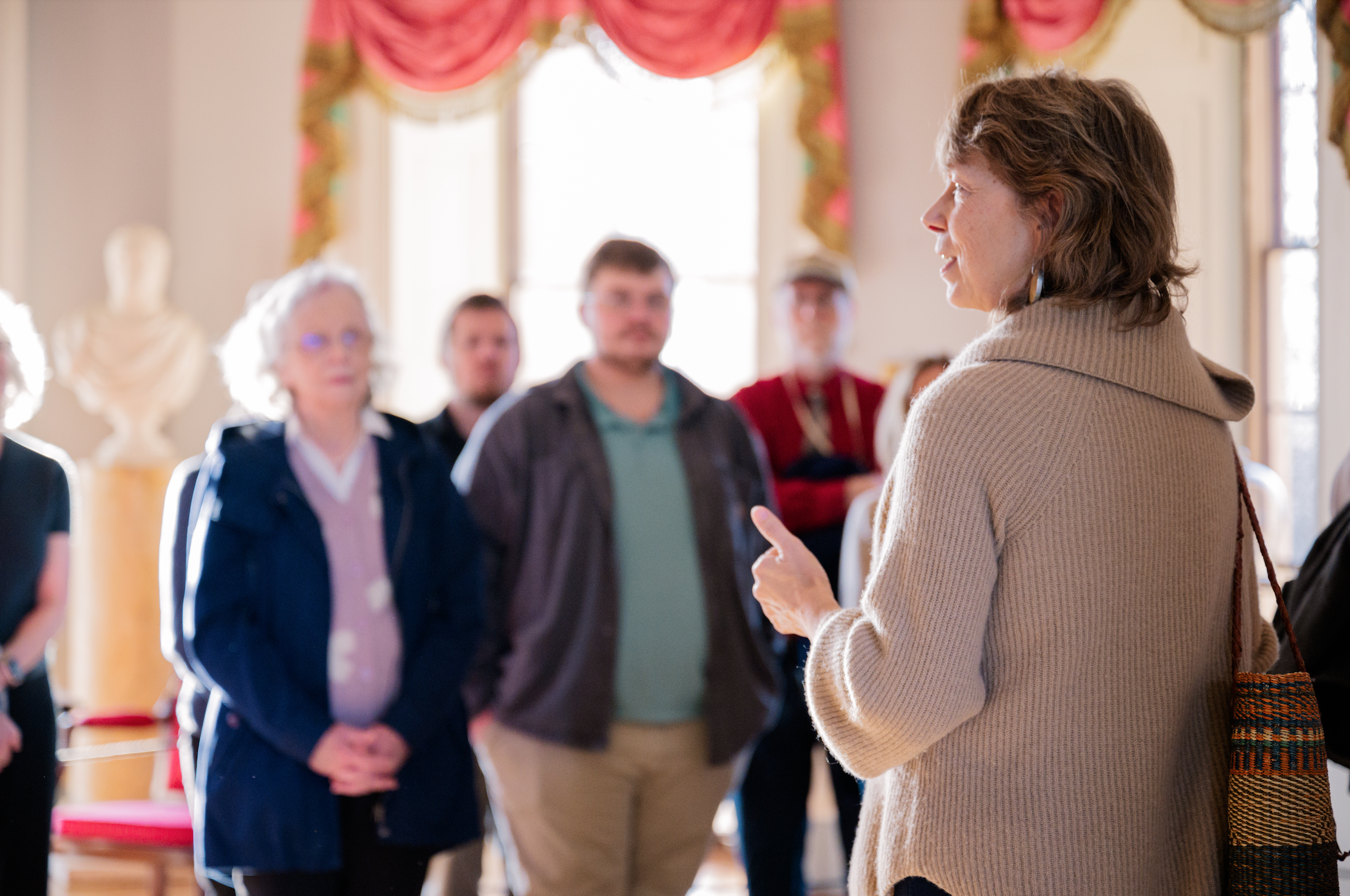One of the main dilemmas if you’re in the market for a home is whether to build a new home or buy an existing one. The choice depends on what is important to the buyer—and on finances—but the good news is that either has some advantages, even in this economy.
Building a home from scratch is the perfect solution for someone who wants to design a house’s layout, pick fixtures and cabinets, and, ultimately, be the first to live in it.
Greg Slater, 2010 president of the Charlottesville Area Association of Realtors (CAAR), says that many people choose to build so that they can install energy efficient appliances and sustainable materials.
An additional perk, if you build a new home, is the one-year warranty the state gives the homeowner. “It covers everything, bumper to bumper, if you will,” says Slater.
Although the real estate market crash and the timid economy have contributed to the slowing down of construction nationwide, interest is picking up again.
“There was a real quiet spell for building homes for a while,” says Sasha Farmer, local Realtor with Montague, Miller and Company. In her experience, builders became cautious as they focused on trying to survive a tough market. Those who made it are ready for business. “I found that lately, lots of people are going after building their own homes just because they can get exactly what they want,” she says.
That may not be true in Charlottesville proper. “You don’t see it really as much in the city, because there is not much left to build on,” says Farmer, who is currently working with three individuals who are taking the build-your-own route. Crozet, Louisa, and Zions Crossroads, on the other hand, are hotbeds of residential construction.
In terms of lending, building a home can present some challenges. If the builder carries the cost for the actual construction, the future homeowner can apply for a standard mortgage, with normal Fannie Mae and Freddy Mac underwriting guidelines. But if the builder does not finance the construction, things get a bit more complex. In that case, the homeowner will need a construction loan, says Bill Bader of Greenwood Lending.
“[Construction loans] are a lot tougher to get in this market,” he says, adding that many banks that used to issue risky construction loans before the market crash are now out of business. “The government didn’t really change their guidelines; the market dynamics happened and nobody wanted to risk anymore,” he says.
If you’re going to apply for a construction loan, be ready to have a 20-25 percent down payment, an excellent credit score and money in the bank. If you own the land, you can use it as the down payment. “That’s where it makes a lot of sense to go after a construction loan,” says Bader, who says that most area builders will, in fact, carry their own construction cost.
What are the perks of buying instead of building? The greatest advantage now of buying an existing home is inventory. “There are many, many more homes for sale than there are buyers that would buy right now,” says Farmer. According to CAAR, there are currently 2,721 existing homes on the market.
Aside from that number, buying an existing home comes with a few pluses: an established neighborhood, known property values and resale potential.
“I think it’s easier now than it might have been a couple of years ago to find your exact home,” says Farmer. “There is a lot of selection, both with existing and with what you can build, and I know people who are facing some very hard decisions trying to figure out which route to go.”




